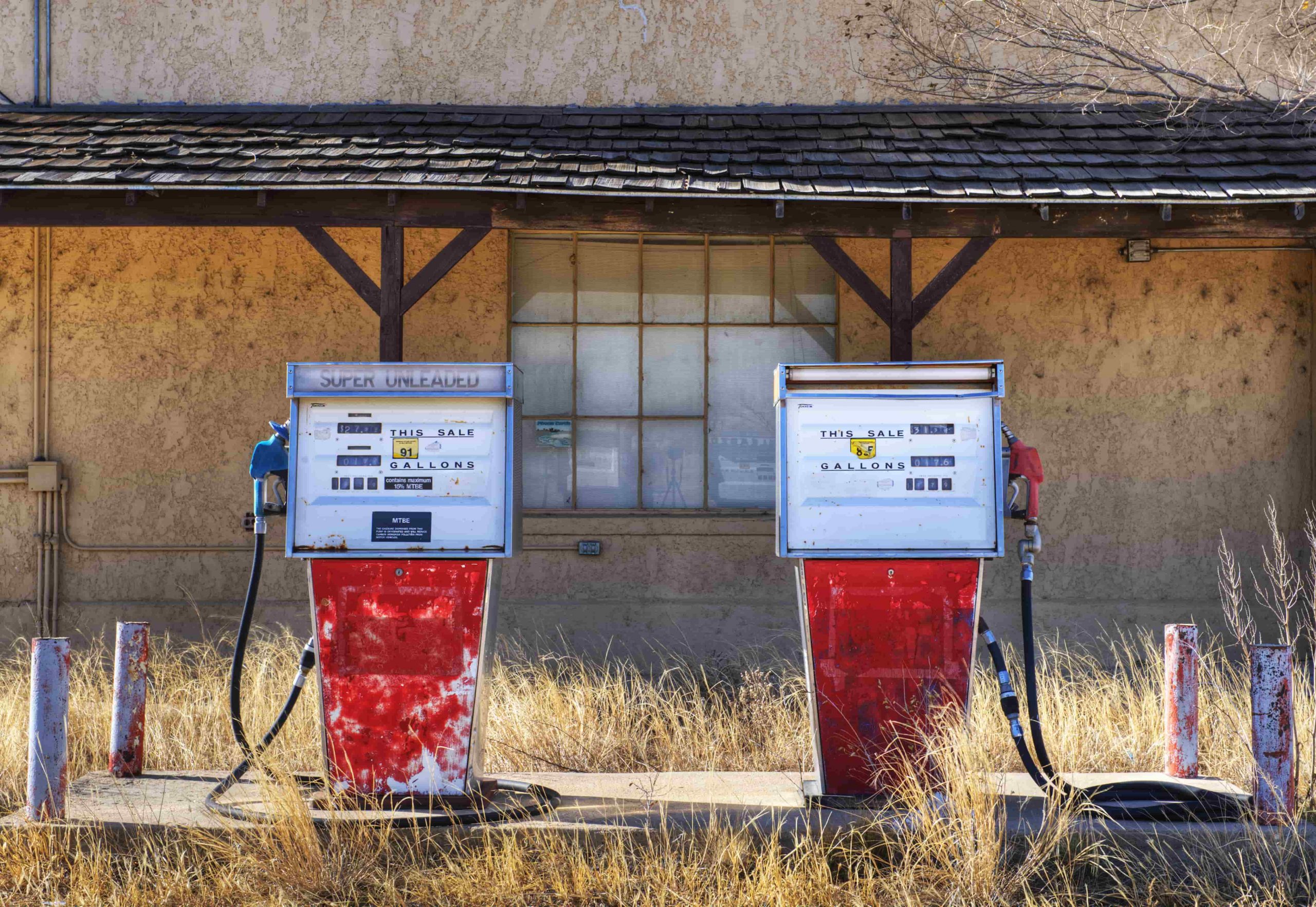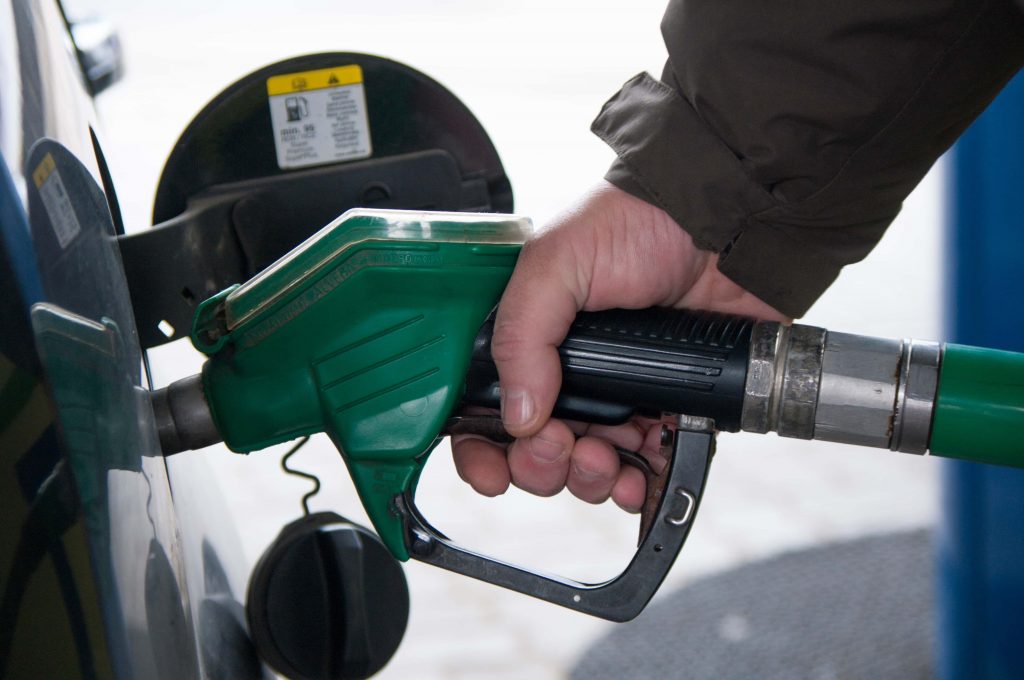Waste & material traceability solution for sustainable facilities

According to the U.S. Department of Energy, a garbage truck uses 21 times more fuel than an average car. This data can be seen as a natural result of a garbage truck being physically bigger and making more distance every day on average — however, the actual reason for this is more likely because there is no proper fuel management and the route which the truck driver follows is not optimized. With a fuel monitoring system and route optimization, this wastage can be taken under scrutiny and get minimized to the fullest extent.
A fuel monitoring system is, as its name suggests, a system that monitors the fuel consumption of any given fleet. This system lets you keep track of your fleet’s fuel usage and provide real-time monitoring to give you accurate data. You can utilize this information to make improvements in your business operations. The system also measures the fuel inventories of your trucks and reports them through the associated applications or platforms.
Moreover, since it is a computer that is doing the work, there is little to no margin for error. This means that all human error is automatically eliminated, so you can be sure that the data you are being given is accurate and up to date. Furthermore, because all of the data is being updated in real-time, you will have the opportunity to intervene early in the case of any problems — meaning you will always get to be one step ahead of the curve, improve vehicle performance and keep your fleet on the road for longer, therefore you will increase profits in the long-run.
If these were not enough, by eliminating all unnecessary fuel usage, you will be releasing less toxic gasses to the atmosphere and help reduce the dismal consequences of fuel consumption on the environment.

Another way to take fuel usage under control is route optimization. A route optimizing software processes the changes in demands of a single customer or a whole block in real-time. Depending on the type of software, it can automatically generate fully optimized routes for your fleet. It also detects and changes the route according to any unexpected traffic. It is estimated that route optimization decreases up to 65% of the total distance traveled, which can significantly cut down fuel usage.
Route optimization can be branched out to route scheduling and route tracking. With a route scheduling software, you can easily create schedules and plan out the daily routes for your truck drivers. This is a much simpler way of scheduling compared to doing all of this work with pen and paper. And route tracking allows you to see the exact location and current route of every single one of your vehicles. This is extremely helpful because you can compare various routes and decide which one is shorter and uses less fuel.
Check out Evreka’s Fleet Management solution for both fuel monitoring and route optimization, or sign up for our demo here!